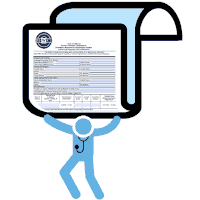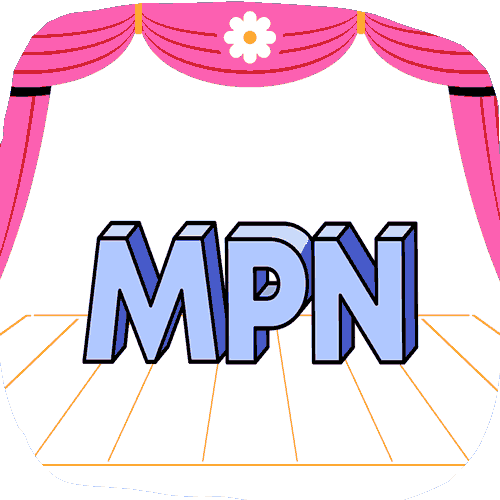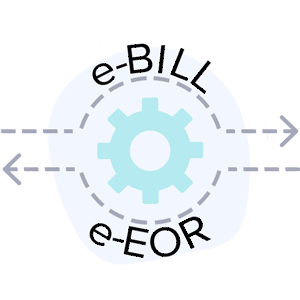URGENT: Zurich Refusing to Pay Providers for Treating Injured CA Workers

This is an URGENT article written to alert California workers’ comp providers that Zurich is incorrectly denying workers’ comp bills by citing the untimely filing of the bills. Zurich’s action is noncompliant with California law and its sudden misapplication of a two-year-old Labor Code is cause for alarm for providers throughout California.
Here we go again, another claims administrator (aka ‘payer’ or ‘carrier or ‘insurer’) is inventing and implementing its own version of California laws. It goes without saying that Zurich’s version of the law benefits its bottom line while fleecing providers of the reimbursements owed under those same laws.
Many, many clients and nonclients are contacting DaisyBill with hundreds of examples of unpaid Zurich bills. Specifically, Zurich is denying bills submitted after 30 days from the date of service, even though there is absolutely no regulatory justification for doing so.
In the recording below, where DaisyBill called about an incorrectly denied bill, Zurich recites a 30-day deadline for bills that does not apply to the denied bill. Instead, the normal 12-month deadline is applicable. As a rationale, Zurich misleads the provider by incorrectly mashing together two unrelated Labor Codes.
Zurich seemingly fears no repercussions from such blatantly noncompliant refusal to reimburse providers who treat injured workers. Like other claims administrators, Zurich is relying on the inequity of California’s workers’ comp system to grind the provider into payment-abuse submission.
Employers that use Zurich should question how Zurich’s phalanxes of lawyers, adjusters, and regulatory specialists somehow misread or misunderstood two California laws, together totaling a couple of hundred words, and implemented a policy that denies payment based on this misunderstanding -- two years after the Labor Codes went into effect.
Employers should protect their injured and sick employees and hold Zurich accountable for failing to reimburse providers who treat these employees. To help employers, tomorrow, we will publish the names of employers for which Zurich denied reimbursement for treatment.
Audio Recording of Zurich Misleading Providers
The recording below captures a Zurich representative explaining to a DaisyBill representative that a bill was denied because the provider failed to submit the bill within 30 days of the date of service. The representative cites California Labor Code “4603.2(b)” as the reason for the denial.
Here is the Zurich smoke screen: In the recording, while the Zurich representative cites Labor code 4603.2 as the reason for the denial, the Zurich representative does not read California Labor Code 4603.2(b). INSTEAD, the Zurich representative misleadingly reads Labor Code 4610(d). Zurich misinforms the provider by incorrectly frankensteining the two following unrelated Labor Codes:
California Labor Code 4603.2(b) imposes a 12-month timely filing requirement on all medical bills, copy service, and interpreter bills for services provided on or after 1/1/2017. If the provider fails to submit a timely bill, the Labor Code allows the claims administrator to deny reimbursement for untimely bills: “The request for payment is barred unless timely submitted.”
A different California Labor Code 4610(d) , allows providers to take advantage of an “automatic” authorization system where the provider does not need to obtain authorization for certain medical treatment during the first 30 days after the initial injury date.
Labor Code 4610 instructs providers to submit bills for automatically authorized non-emergency treatment within 30 days of treatment (and within 180 days for emergency services). This 30-day bill submission instruction ONLY applies if a provider opts to exercise “automatic” authorization and ONLY applies to treatment rendered during the first 30 days of the injury. Further, this Labor Code does NOT allow claims administrators to deny untimely bills.
Simply and plainly: California law does not allow Zurich to deny bills submitted over thirty days from the date of service.
We cannot speak to Zurich’s intentions. However, from the many providers who have reached out to us for help, we can speak to the result: that this shell game unarguably induces providers to “part with something of value or to surrender a legal right.”
Source: https://www.merriam-webster.com/dictionary/fraud
Providers Deserve Protection From Deceit and Trickery
As we outlined in our recent article AmTrust = AmDISTRUST, Zurich is following the lead of other claims administrators by also choosing to apply its own preferred and entirely fictional version of California workers’ comp laws, regulations, and rules. Why do claims administrators treat providers so shamefully, in effect cheating them of the fruits of their labor? Because there are ZERO repercussions for incorrectly failing to reimburse a provider who treats injured or sick workers.
Even when there is potential fraud, California requires a provider to ultimately shoulder the burden of expending even more resources to receive the correct reimbursement. For the possibly thousands of bills being denied by Zurich, to obtain reimbursement, the provider must submit a timely Second Review appeal to dispute the denied reimbursement.
While Zurich may be counting on providers being uninformed, Zurich is definitely betting that providers will fail to submit a timely Second Review appeal for the reimbursement owed. Failure to timely submit this Second Review appeal within 90 days of the Zurich denial means “the bill shall be deemed satisfied and neither the claims administrator nor the employee shall be liable for any further payment.”
In the next few article posts, we’ll examine how Zurich needs only to press a keyboard button to deny payment and wait for California laws to grind the provider into payment submission. We’ll also share the many, many resources available (even to Zurich) on how to correctly interpret and apply the regulations that Zurich somehow can’t get right.
We want to hear from you! Let us know if you’re affected by Zurich’s denials.
Contact us
DaisyBill provides content as an insightful service to its readers and clients. It does not offer legal advice and cannot guarantee the accuracy or suitability of its content for a particular purpose.




